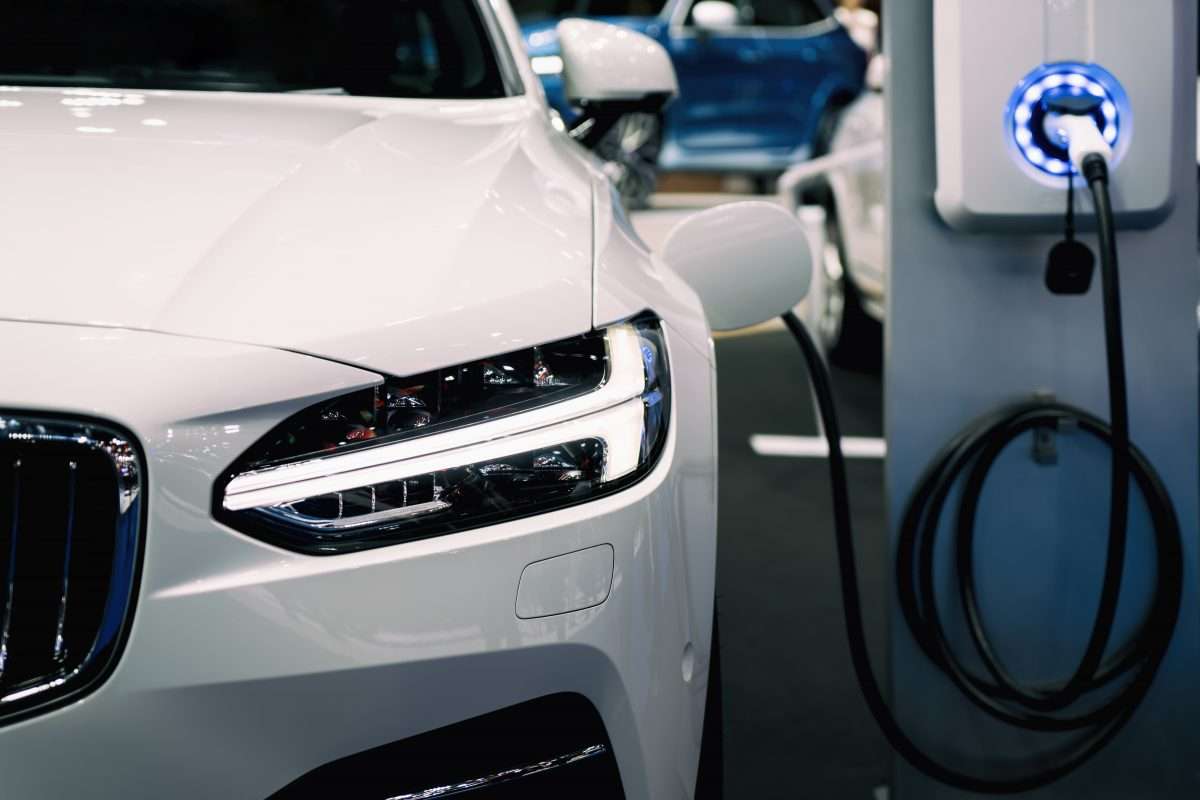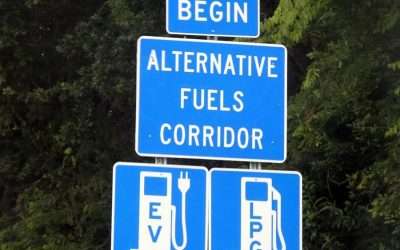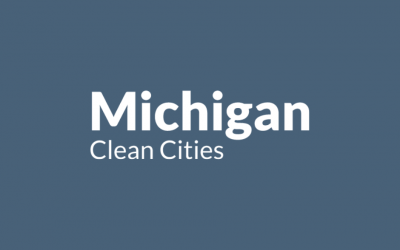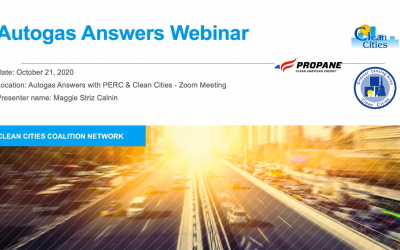Michigan Clean Cities has been working with the City of Lansing for several years to create a plan for installing public EV charging infrastructure throughout the city. The plan involved identifying priority locations for directing initial investment in EV charging as pilot locations, recognizing the need for more sites in the future. The focus was on filling gaps in existing infrastructure, so sites were selected in neighborhoods, community centers, and other places where residents park their cars and spend their time. This approach can increase public comfort with EVs and provide nearby charging for EV drivers without at-home access to chargers.
The group planned to install Level 2 chargers at pilot locations, which are a cost-effective solution for “destination charging.” This means that drivers can park at a charger for a couple of hours while they visit a park or attend a community gathering and return to find their car with an additional 50 miles of range. Although the charging time is longer than that of higher-powered chargers (such as Direct Current Fast Chargers or DCFC), Level 2 chargers are much cheaper and require fewer electrical service upgrades to function. They are an excellent option for areas where people tend to spend an hour or more.
Funding for the pilot charging sites was supported by the Lansing Board of Water & Light. To expand the effort region-wide, Lansing and MICC gathered stakeholders from neighboring municipalities and LBWL to develop a proposal for the new U.S. Department of Transportation Charging and Fueling Infrastructure (CFI) grants program. The program was created through the Bipartisan Infrastructure Law (BIL) and the Inflation Reduction Act (IRA). The Lansing proposal was recently selected for funding, making it the only project in Michigan to receive Round 1 CFI funding in this highly competitive national program. The project will invest $10 million in public EV charging in the area, with $8 million coming from the U.S. DOT and the rest from those hosting the charging & fueling infrastructure to be installed through the program.
The project plan includes an initial community engagement phase where residents and stakeholders can share their thoughts and concerns and suggest charging locations. The goal is to use this opportunity to benefit the whole community. Initial engagement has shown interest in charging that could allow greater electrification of transit buses and municipal fleet vehicles, as well as personal vehicles. Informed infrastructure decisions will support greater use of the chargers and allow the benefits of clean transportation to be realized by all in the Greater Lansing region.




